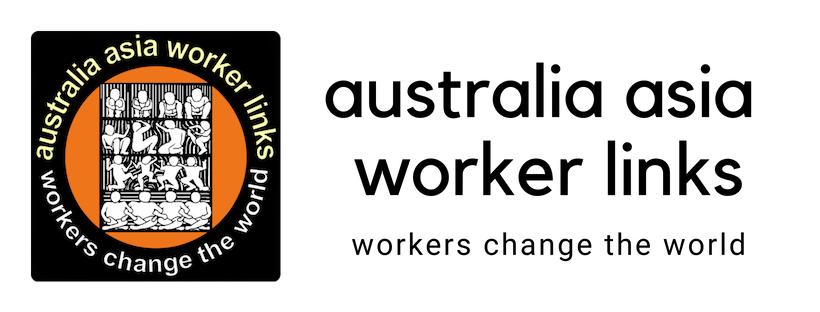 The anti government protests of the last few months that were calling for a military coup to overturn the Thai government had seemingly run out of support in the last few weeks. In a surprising turn of events, Thailand’s Constitutional Court has controversially annulled the results of the February general election and has given the Yellow Shirts movement more political space in which to move. In the meantime, the military is targeting the more progressive sections of the Red Shirts, while the use of the repressive Article 112 (Lese Majeste) continues to claim more activists (see here and here) and activists like Somyot are still in jail. While Thailand’s workers do not have a high rate of unionisation, the recent political upheavals are leading to new forms of organising.
The anti government protests of the last few months that were calling for a military coup to overturn the Thai government had seemingly run out of support in the last few weeks. In a surprising turn of events, Thailand’s Constitutional Court has controversially annulled the results of the February general election and has given the Yellow Shirts movement more political space in which to move. In the meantime, the military is targeting the more progressive sections of the Red Shirts, while the use of the repressive Article 112 (Lese Majeste) continues to claim more activists (see here and here) and activists like Somyot are still in jail. While Thailand’s workers do not have a high rate of unionisation, the recent political upheavals are leading to new forms of organising.
 The anti government protests of the last few months that were calling for a military coup to overturn the Thai government had seemingly run out of support in the last few weeks. In a surprising turn of events, Thailand’s Constitutional Court has controversially annulled the results of the February general election and has given the Yellow Shirts movement more political space in which to move. In the meantime, the military is targeting the more progressive sections of the Red Shirts, while the use of the repressive Article 112 (Lese Majeste) continues to claim more activists (see here and here) and activists like Somyot are still in jail. While Thailand’s workers do not have a high rate of unionisation, the recent political upheavals are leading to new forms of organising.
The anti government protests of the last few months that were calling for a military coup to overturn the Thai government had seemingly run out of support in the last few weeks. In a surprising turn of events, Thailand’s Constitutional Court has controversially annulled the results of the February general election and has given the Yellow Shirts movement more political space in which to move. In the meantime, the military is targeting the more progressive sections of the Red Shirts, while the use of the repressive Article 112 (Lese Majeste) continues to claim more activists (see here and here) and activists like Somyot are still in jail. While Thailand’s workers do not have a high rate of unionisation, the recent political upheavals are leading to new forms of organising.

